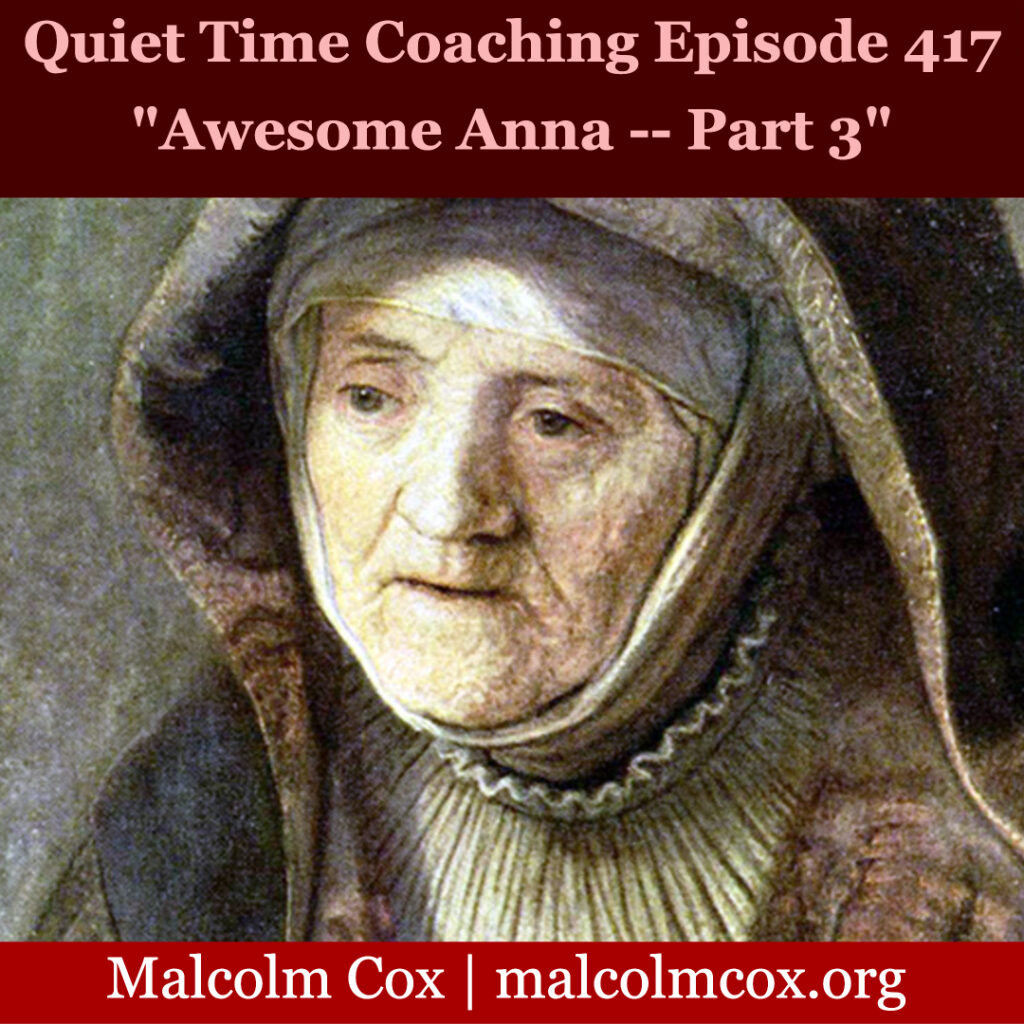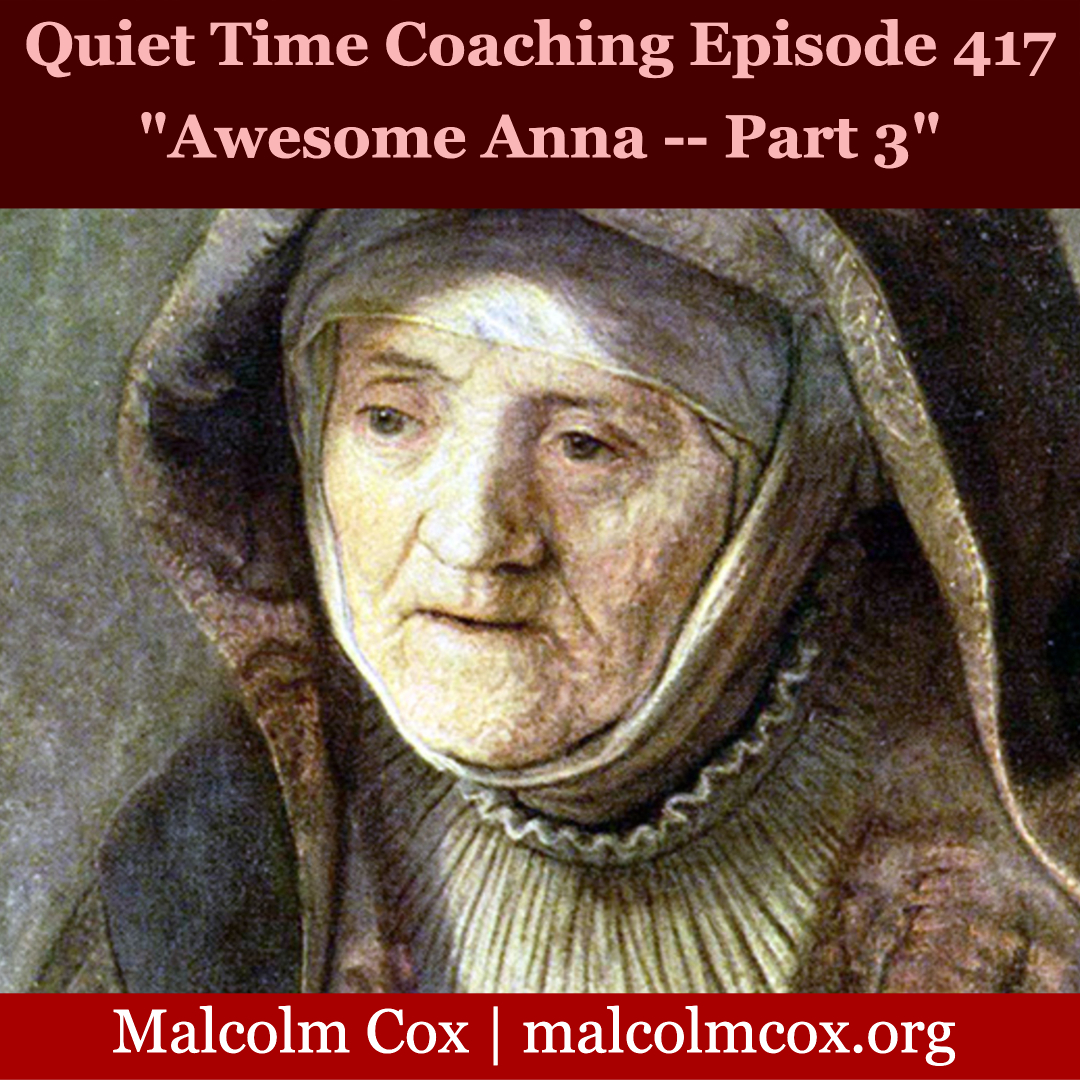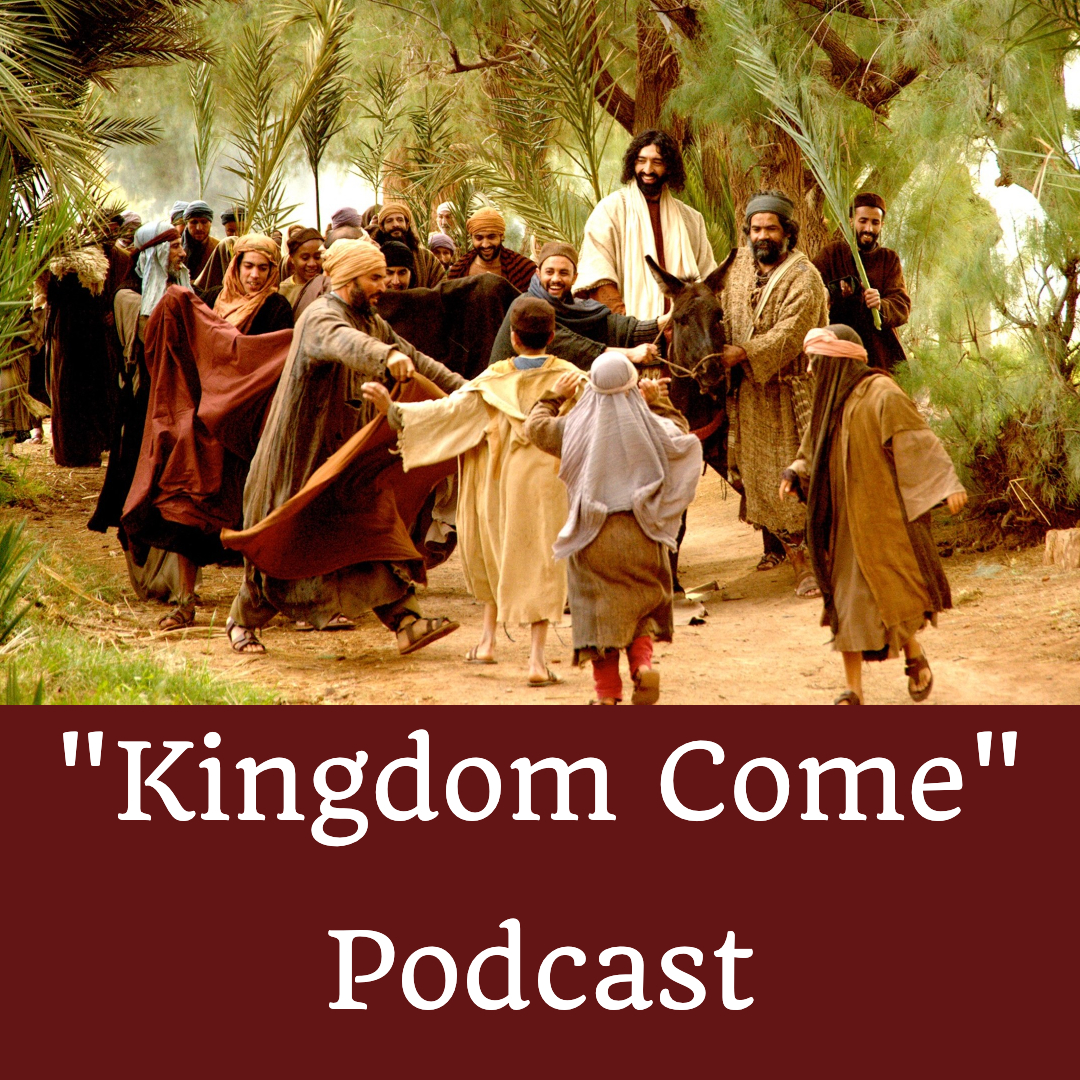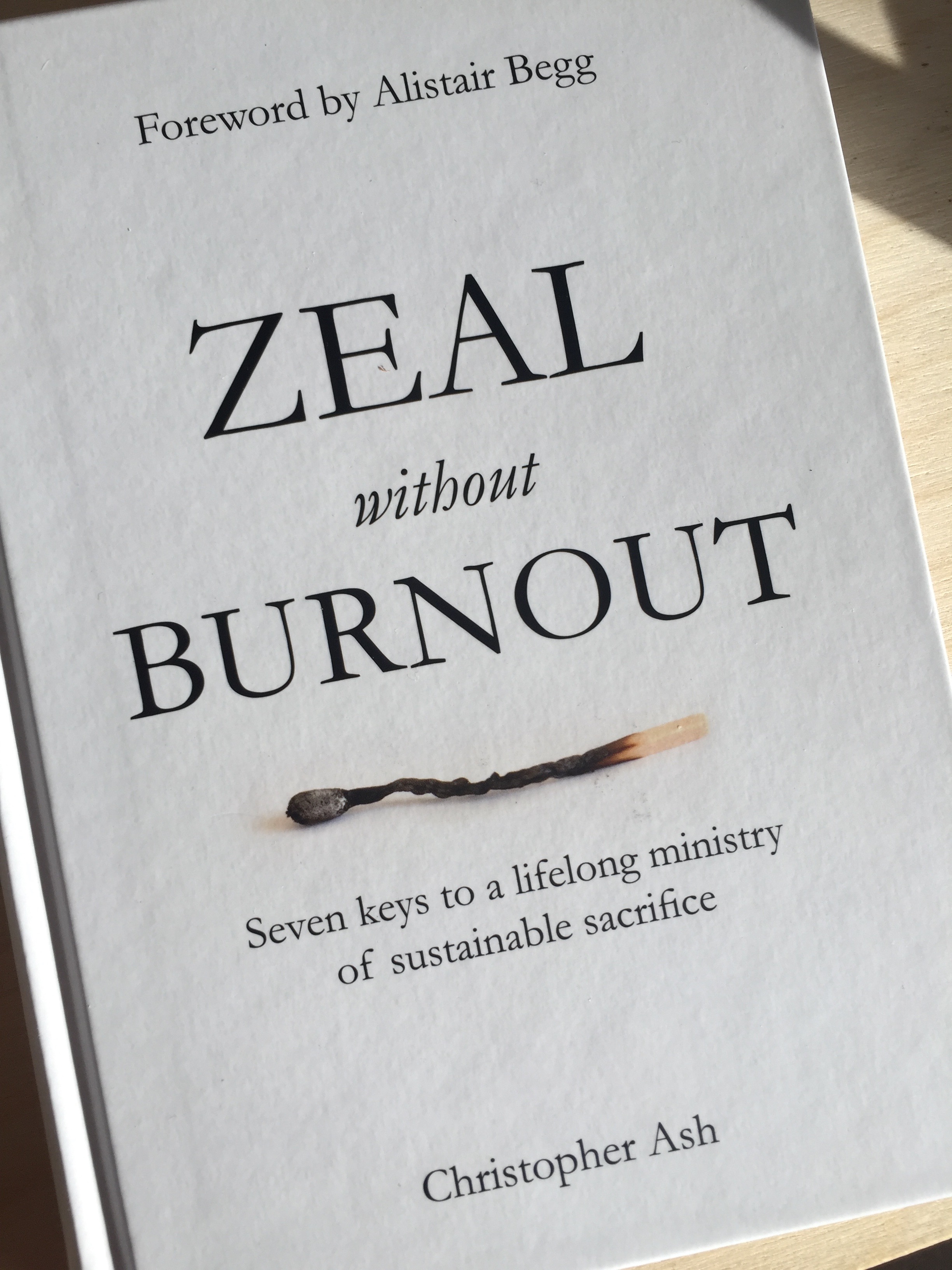
Introduction
Studying Anna for a sermon led me to some unexpected insights about her devotional life. It inspired me to put a multi-episode series together.
The Text
“There was also a prophet, Anna, the daughter of Penuel, of the tribe of Asher. She was very old; she had lived with her husband seven years after her marriage, and then was a widow until she was eighty-four. She never left the temple but worshiped night and day, fasting and praying. Coming up to them at that very moment, she gave thanks to God and spoke about the child to all who were looking forward to the redemption of Jerusalem.” (Luke 2:36–38 NIV11)
What do we learn about Anna’s relationship with God?
Her relationship with God was not diminished by her disappointments.
Anna is described as a widow. As far as we know she had no children. There is no hint of bitterness in her life. Instead she takes delight in another mother’s child. How long it took her to get there we’ll never know, but perhaps her devotion was part of her healing.
Someone said, “A widow’s journey is one of rebuilding, rediscovering herself, and finding a new purpose in life.” – Unknown
Widows are highlighted in Scripture as models of faith and channels for the working of God’s power. For example,
- The Widow of Zarephath – 1 Kings 17:8-24. During a severe drought, the prophet Elijah was sent to her and miraculously provided for her and her son.
- The Widow of Nain – Luke 7:11-17. Jesus encountered her while he was entering the town of Nain. Her only son had died, and Jesus raised him back to life. (Not all widows had their sons raised)
- The Widow with the two coins – Mark 12:41-44 and Luke 21:1-4, this widow’s small offering of two small coins at the temple impressed Jesus because she gave all she had, demonstrating her deep faith and trust in God.
- Jesus tells a parable about a persistent widow in Luke 18:1-8. Though not named, this widow serves as an example of perseverance in prayer and seeking justice.
- Ruth – The book of Ruth revolves around the story of a Moabite widow named Ruth. After the death of her husband, she chose to stay with her widowed mother-in-law, Naomi, and eventually found redemption and love through her marriage to Boaz.
Anna turns her vulnerability into an opportunity for worship. As a result she is in the right place at the right time to recognise God at work in the baby destined to change the world.
Applications
- Take your disappointment to God. He can handle it.
- What does your difficulty or tragedy or disappointment enable?
Conclusion
‘Rouse yourself! Do not reject us forever! Why do you hide your face? Why do you forget our affliction and oppression? (Psalm 44:23-24) It is better to come to God with sharp words than to remain distant from him, never voicing our doubts and disappointments. Better to rage at the Creator than to smoulder in polite devotion.’ Warren, Tish Harrison. Prayer in the Night (p. 48). InterVarsity Press.
Please add your comments on this week’s topic. We learn best when we learn in community.
Do you have a question about teaching the Bible? Is it theological, technical, or practical? Send me your questions or suggestions. Here’s the email: malcolm@malcolmcox.org.
If you’d like a copy of my free eBook on spiritual disciplines, “How God grows His people”, sign up at my website: http://www.malcolmcox.org.
Please pass the link on, subscribe, and leave a review.
“Worship the LORD with gladness; come before him with joyful songs.” (Psalms 100:2 NIV11)
God bless, Malcolm



